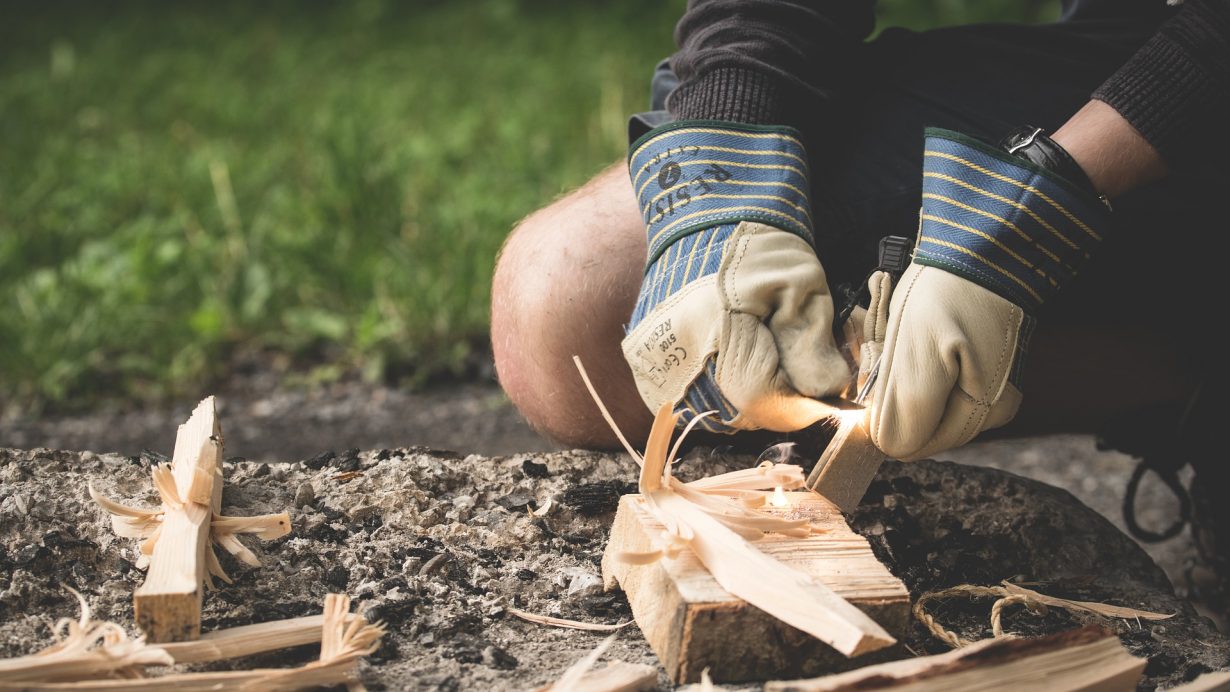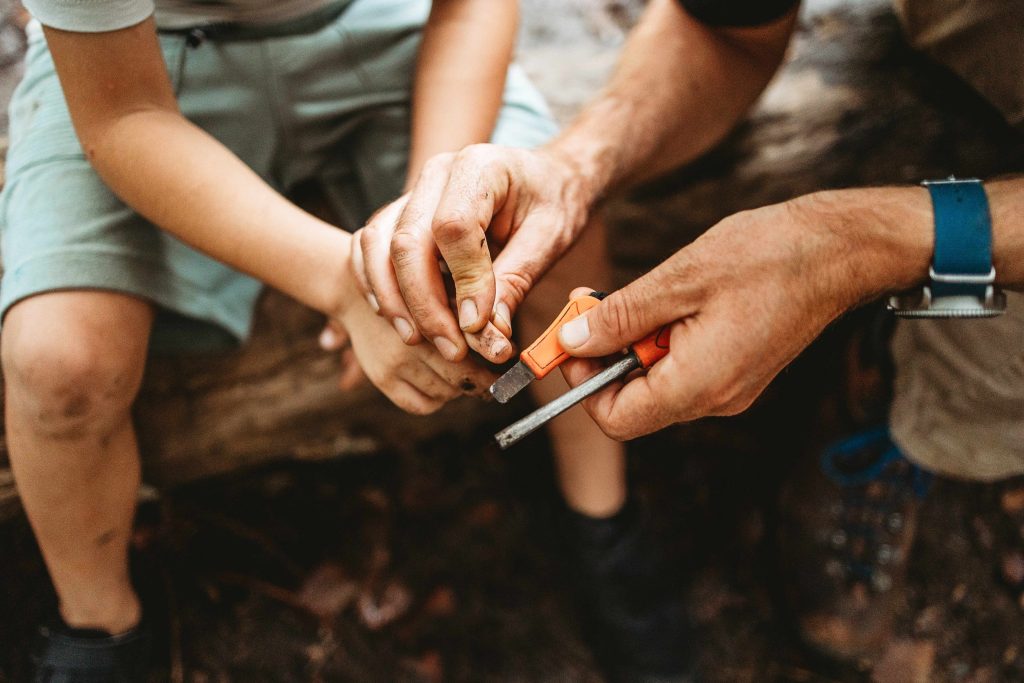Hey there! Let’s talk about something that’s becoming increasingly important in our fast-paced and unpredictable world: survival knowledge. With natural disasters, climate change, and various emergencies on the rise, having practical skills to navigate these challenges is essential.
I remember the first time I went camping with friends. We were excited but completely unprepared. It was a wake-up call when we faced unexpected weather changes and had to figure out how to build a shelter and find food. That experience made me realize how crucial survival knowledge is—not just for outdoor adventures but for everyday life.
In this article, we’ll explore what survival knowledge entails, why it matters, and how we can educate future generations to be resilient and self-reliant.
What is Survival Knowledge?

Survival knowledge encompasses a range of skills and information that enable individuals to effectively respond to emergencies and thrive in challenging environments. Here are some key components of survival knowledge:
- Basic First Aid: Understanding how to treat injuries, manage illnesses, and respond to medical emergencies.
- Shelter Building: Knowing how to construct a safe and secure shelter using natural materials or available resources.
- Water Sourcing and Purification: Identifying sources of water and methods for making it safe to drink.
- Food Foraging and Preparation: Recognizing edible plants, hunting, and fishing techniques, as well as safe food preparation methods.
- Navigation and Signaling: Learning how to use maps, compasses, and natural signs for navigation, as well as signaling for help.
- Fire Making: Understanding various techniques for starting and maintaining a fire for warmth, cooking, and signaling.
When I first learned about these skills during a wilderness survival course, I was amazed at how empowering they were. It wasn’t just about surviving; it was about building confidence and resilience.
Why Survival Knowledge Matters
As we face an ever-changing world, the importance of survival knowledge becomes increasingly evident. Here are a few reasons why it matters:
- Emergency Preparedness: Natural disasters and emergencies can strike at any time. Being equipped with survival skills can help individuals respond effectively and ensure their safety.
- Self-Reliance: In a world where reliance on technology is growing, survival knowledge fosters self-sufficiency and confidence. Knowing how to take care of oneself can reduce anxiety in uncertain situations.
- Connection to Nature: Understanding survival skills encourages a deeper appreciation for the natural world. It promotes respect for ecosystems and fosters a sense of responsibility for environmental stewardship.
- Community Resilience: Communities that prioritize survival knowledge are better equipped to support one another during crises. This collective resilience can strengthen social bonds and enhance overall community well-being.
I once participated in a community preparedness workshop where we practiced emergency response scenarios. It was eye-opening to see how much more confident and capable we felt after learning these skills together.
Building Survival Knowledge: Practical Steps
So, how can we cultivate survival knowledge in ourselves and future generations? Here are some practical steps to get started:
- Enroll in Survival Courses: Look for local workshops or online courses that cover various survival skills. Hands-on learning is invaluable.
- Practice Outdoors: Spend time in nature practicing skills like shelter building, foraging, or fire-making. Real-world experience enhances retention and confidence.
- Teach Kids Early: Introduce survival skills to children through fun activities. Simple lessons on fire safety, basic first aid, or plant identification can lay the groundwork for more advanced skills later.
- Create a Survival Kit: Assemble a basic survival kit with essential items like a first aid kit, water purification tablets, a multi-tool, and non-perishable food. Familiarize yourself with its contents and usage.
- Engage in Community Programs: Join local organizations focused on outdoor education or emergency preparedness. Engaging with others fosters a sense of community and shared learning.
When I started teaching my younger siblings about basic survival skills, I was surprised at how quickly they picked things up. Their enthusiasm reminded me that learning can be fun and empowering!
The Broader Impact of Survival Education
Survival knowledge goes beyond individual skills; it has broader societal implications. Here are a few ways survival education can impact communities:
- Promoting Sustainability: Understanding survival skills encourages sustainable practices, such as foraging responsibly and minimizing waste.
- Enhancing Mental Resilience: Learning to navigate challenges builds mental fortitude and adaptability, traits that are valuable in all areas of life.
- Encouraging Collaboration: Survival scenarios often require teamwork and communication. These skills are transferable to various aspects of life, including the workplace and community initiatives.
- Crisis Management: Communities that prioritize survival education are better prepared to respond collectively during emergencies, leading to more effective recovery efforts.
I’ve seen firsthand how community workshops on survival skills can bring people together. It’s a reminder that we’re all in this together, and sharing knowledge can create a stronger, more resilient community.
Conclusion: Empowering Future Generations
As we navigate the complexities of our world, empowering future generations with survival knowledge is essential. By equipping individuals with practical skills and fostering resilience, we can create a more self-reliant and confident society.
Whether you’re a seasoned outdoor enthusiast or just starting your journey into survival skills, remember that every bit of knowledge counts. Let’s work together to promote education and awareness, ensuring that future generations are prepared to thrive in any situation.
Here’s to a resilient generation—one that values survival knowledge and embraces the challenges of the future!
Read also about Staying Connected has never been more important in a world where technology bridges distances and brings people closer together.



